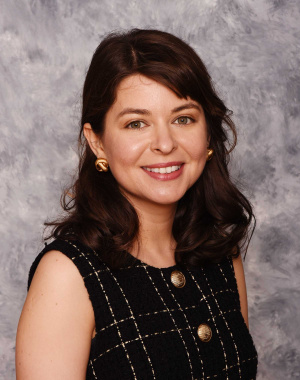Migration is widely-acknowledged as a central social phenomenon of the 21st century. As of 2020, nearly four percent (281 million) of the world’s population was estimated to live outside their countries of origin, and experts predict increased migration in response to climate change and conflict-induced migration in the coming decades (UNHCR 2020, UN DESA 2020). At the same time, in recent decades, Global North countries have tightened their borders, making it more difficult for people to migrate without authorization and reducing opportunities to migrate legally.
In the U.S. in particular, limiting migration has become a bipartisan issue. Democrats and Republicans debate HOW to secure the U.S. border with Mexico, but both parties support strong regulations to limit migration and (increasingly) limit opportunities to seek asylum. However, this is a fairly recent phenomenon, and as more people are pressured to migrate, we're left with many questions about the impacts of these policies and how to regulate migration going forward.
In this class, we'll look at how immigration policies transformed the U.S.–Mexico border from a "revolving door" to a militarized zone of surveillance and detention, beginning in 1986 and continuing to the present day. We'll also examine how immigration enforcement has expanded from the southern border to the interior of the country and how immigration status came to be so salient in matters of employment, housing, transportation, and even parenting.
To do this, we'll study the experiences of populations most affected by these policies, including asylum-seekers, unauthorized immigrants and their children, DREAMers, and transnational families who maintain close relationships despite being physically separated for years or decades. We'll examine the liminal statuses that have been created as a result of these policies, including Temporary Protected Status (TPS) and Deferred Action for Childhood Arrivals (DACA).
I'm also working to set up a field trip to meet with immigrant-serving organizations in Detroit to better understand how organizations help people navigate the structural challenges created by contemporary immigration policies
Finally, we'll consider different theories about how immigration should be regulated going forward including theories about the economic implications of expanding opportunities to migrate legally and arguments that take the perspective that migration is a human right.
